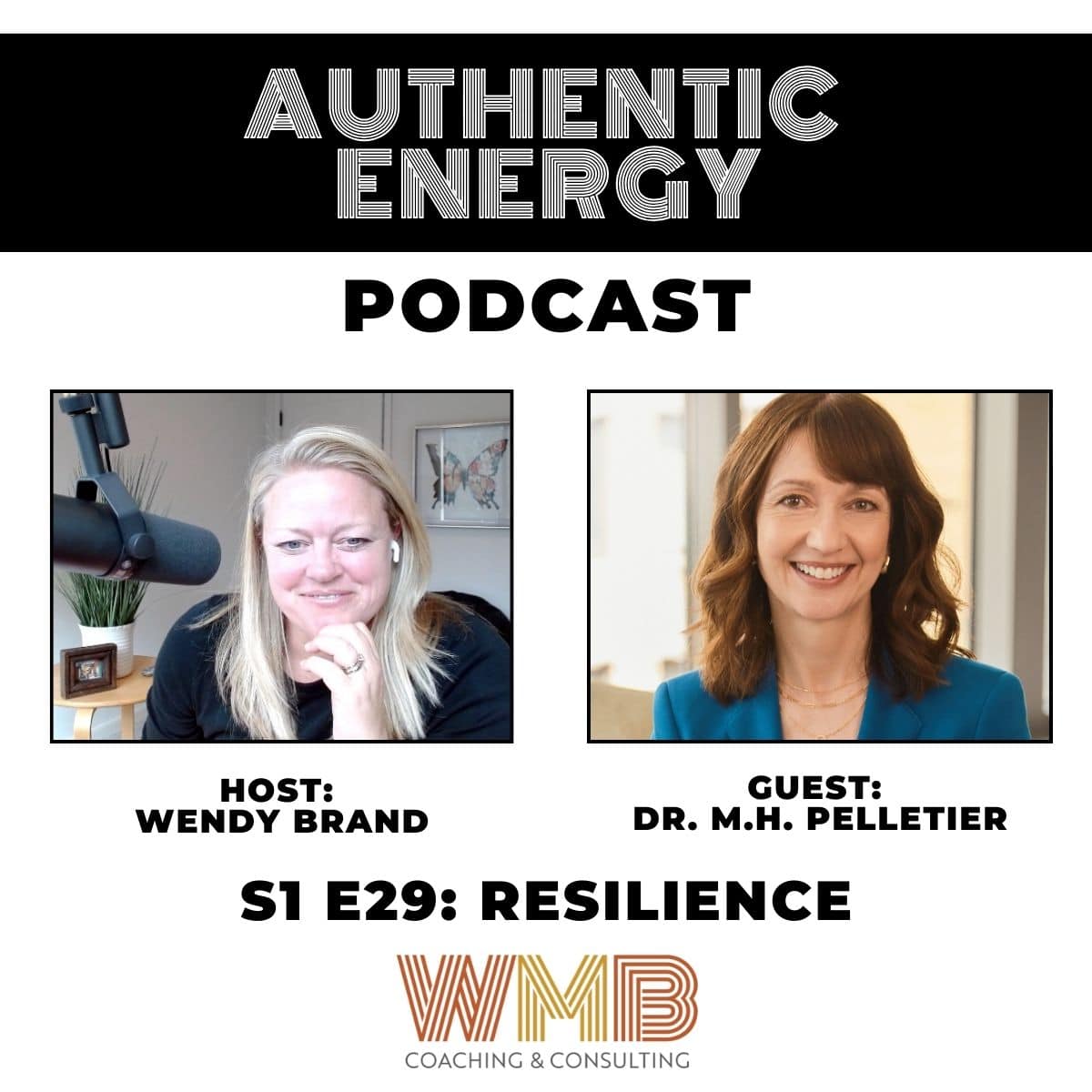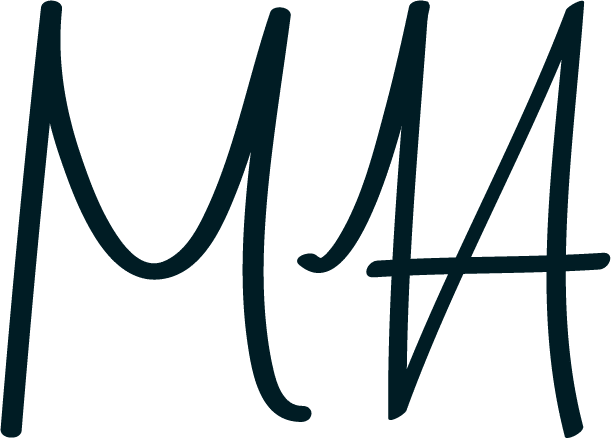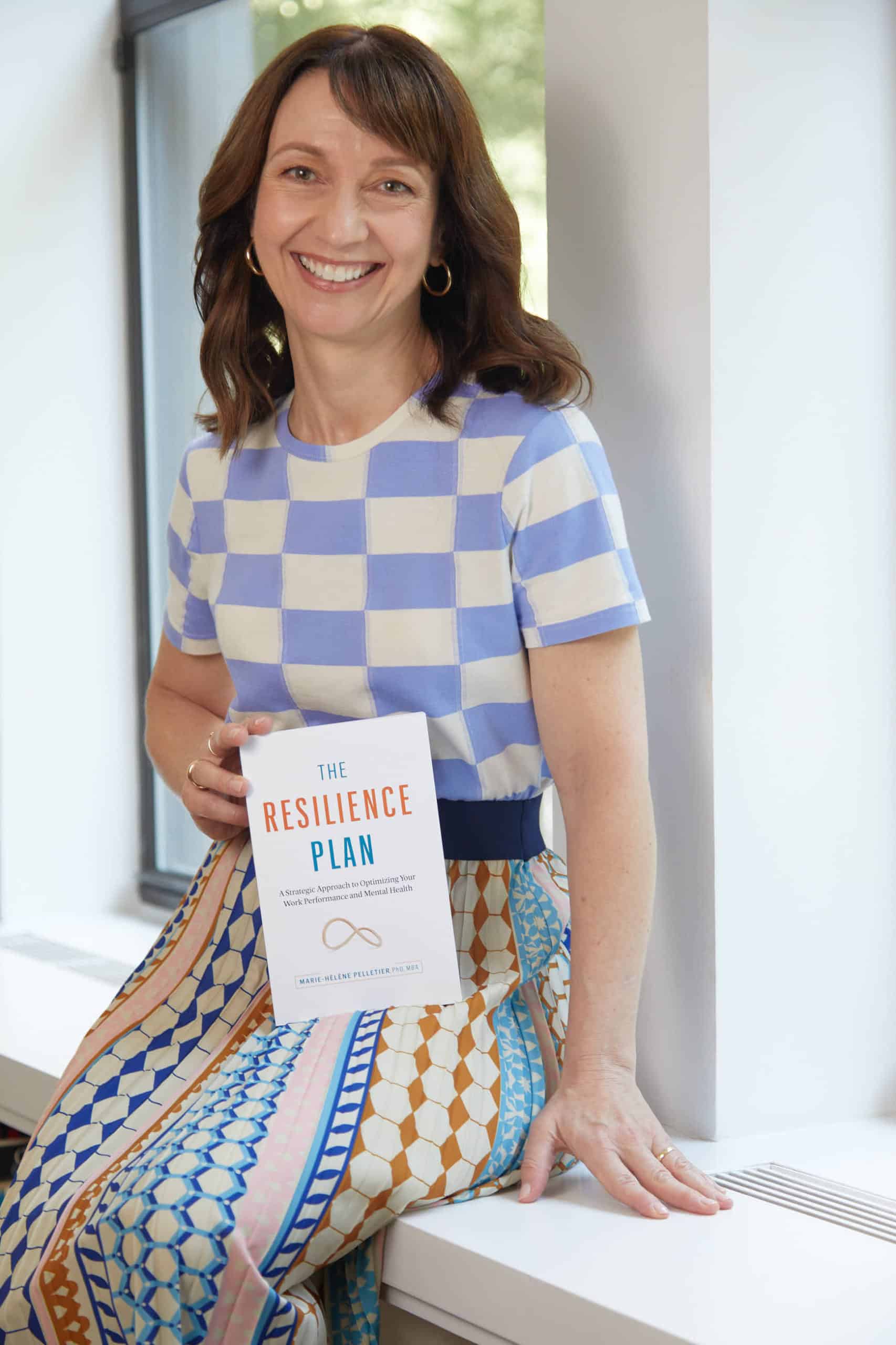
Authentic Energy with Wendy Brand
Because of the inherent demands, professionals often assume they are naturally resilient due to their ability to handle more than the average person.
However, today we challenge this assumption, highlighting that resilience is a skill that can be cultivated intentionally. This is a great conversation and I hope you’ll enjoy it!!
Here are my takeaways:
1. You are Fabulous AND at Risk. Regardless of your tank, everyone will reach the bottom of their tank at some point. We need to take deliberate action to create a resilience plan. As you move through your career, the demands will keep increasing, but the supply stays the same (at best) or goes down, creating an imbalance.
2. Components of your resilience plan include your core values, the context of your current situation, and forces impacting the situation.
3. Creating a habit of self-care contributes positively to your resilience plan. This looks different for every individual, based on their context.
4. Burnout is not in the individual it is in the relationship with the workplace.
5. We need to shift the belief that we don’t need to do anything about our resilience, and be aware of our positive bias that “I’m so strong and I don’t need to do anything” there may have been another time in our career that we didn’t need it, but now things may be different and we need to be proactive and create a plan of resilience.
6. Self-awareness will allow us to look at our behaviors, how are we feeling, and how are we thinking. Unhelpful thoughts eat your best intentions for breakfast.
7. Listening is the first step to understanding what your team or organization needs in order to create an environment that does not contribute to burnout.
8. Prioritizing work with the team can help with Workload, which is one of the contributing factors of burnout.
9. Recognition is another tool to help with burnout in your organization.
10. Create a strategy of resilience, keeping in mind that it will need to adapt over time. This will lead to concrete actions that can benefit you and help prevent burnout.
Listen to the full episode here!

